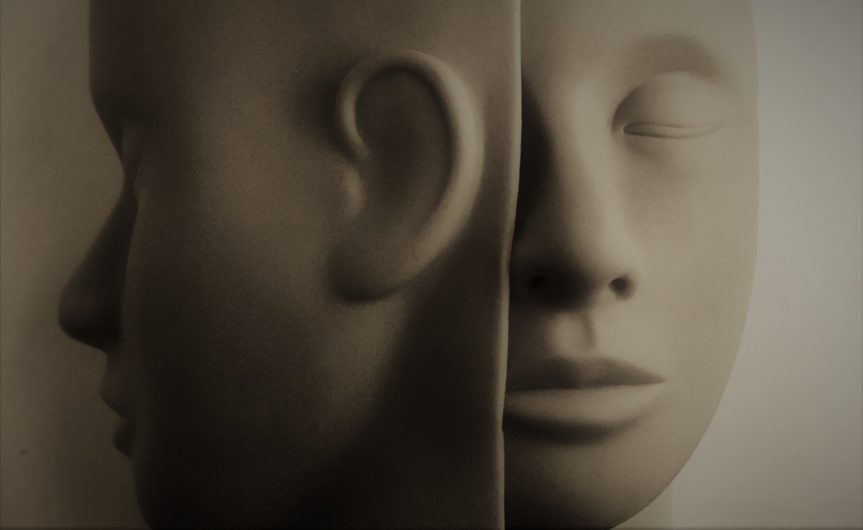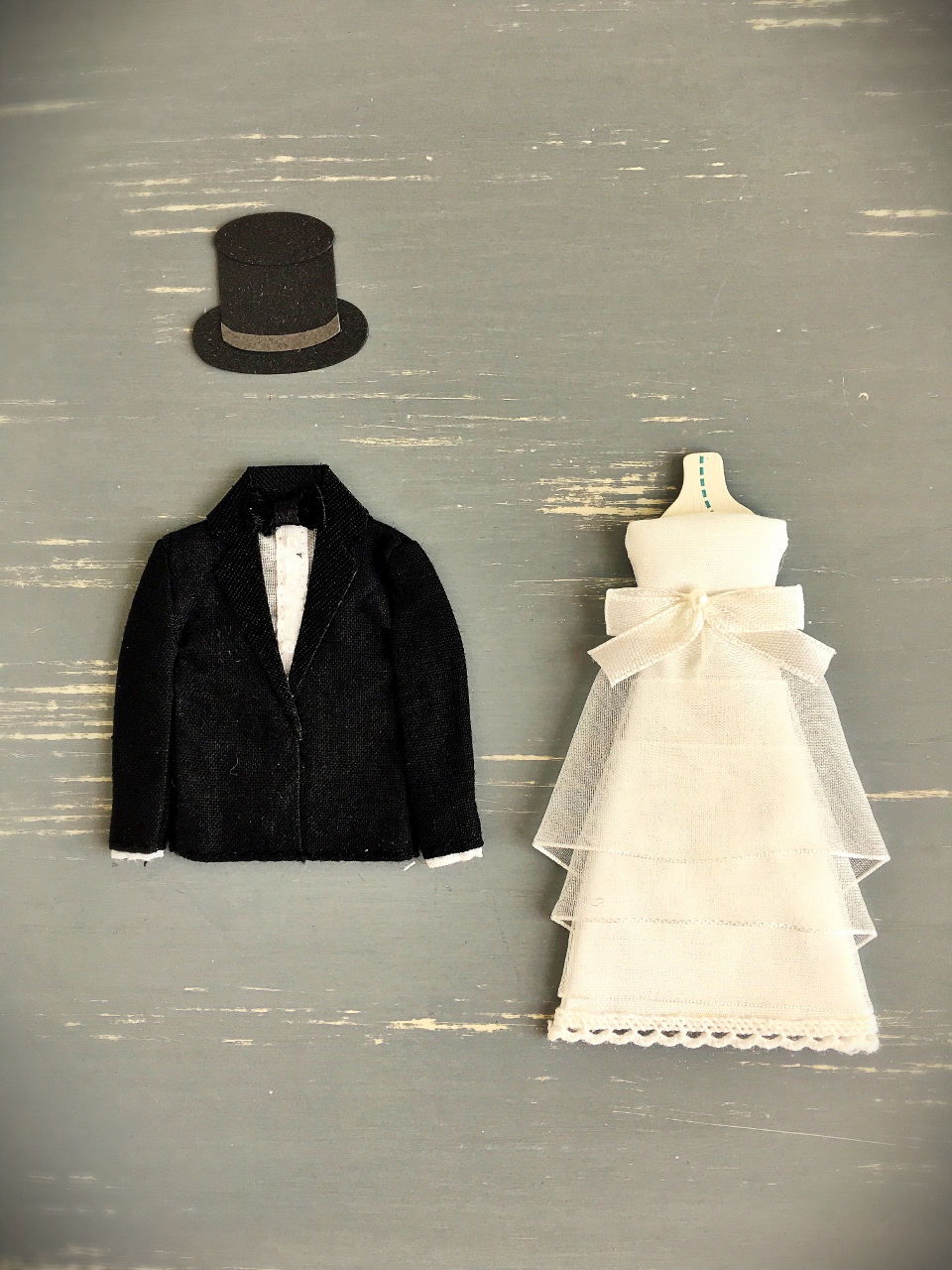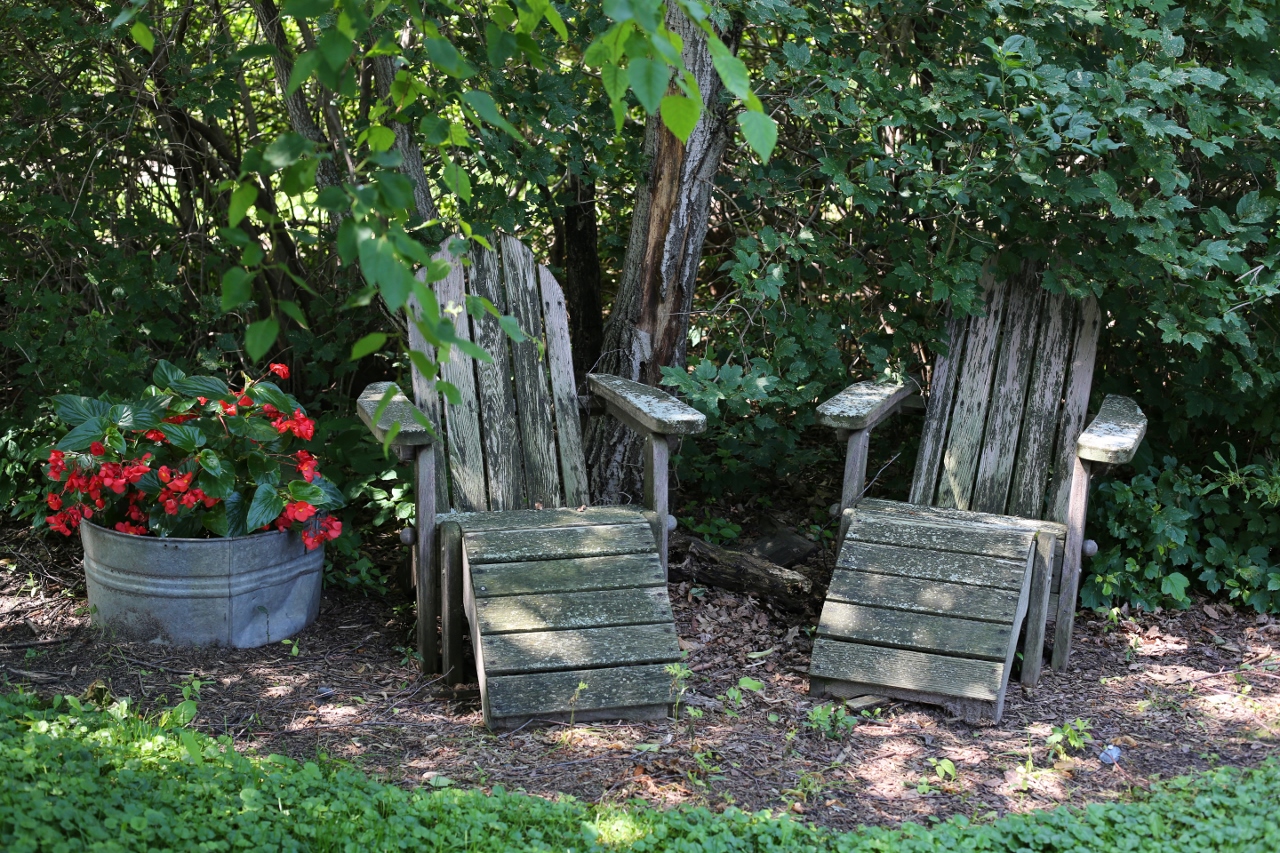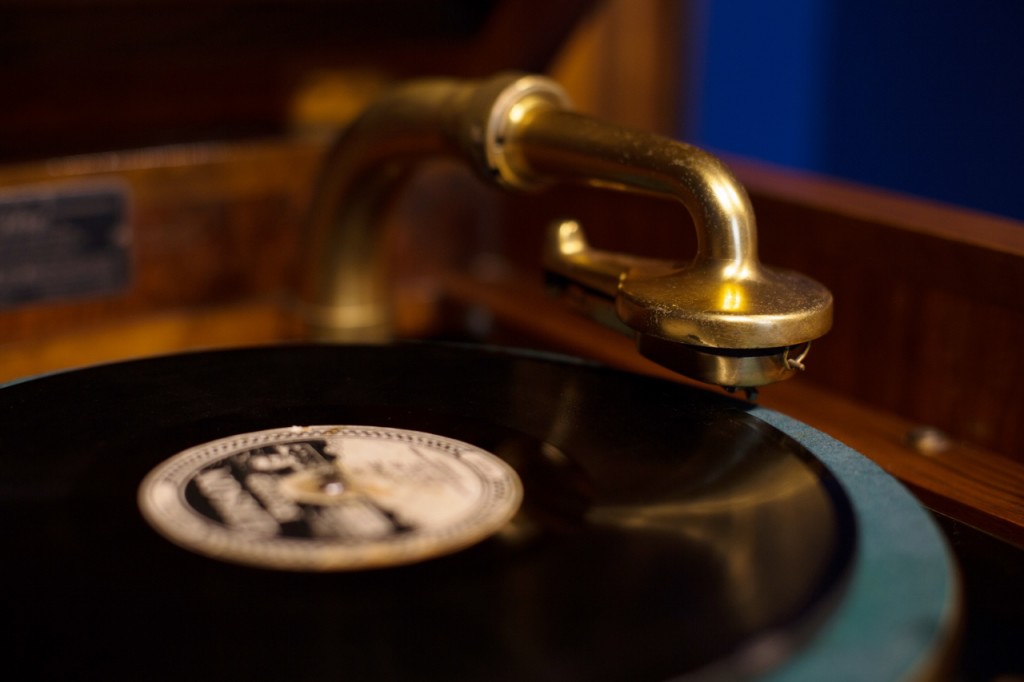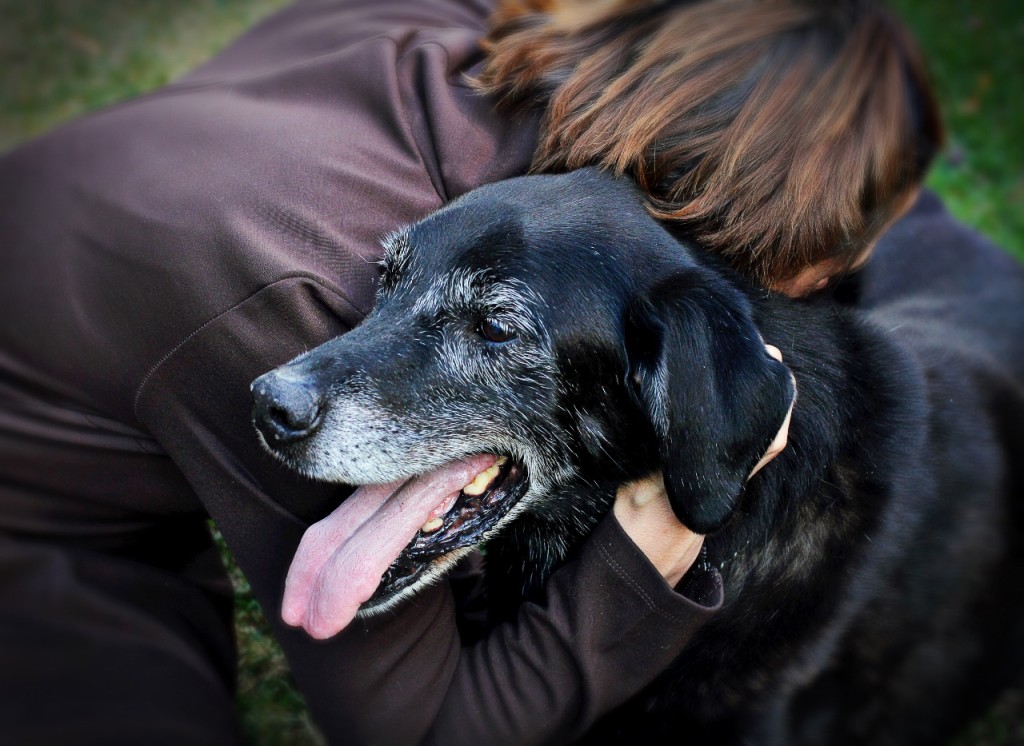Photo by James St. John/Flickr
By Larissa Kosmos
The smelly ordeal was almost over. Holding the trash bag, I stood inside the front door of our small apartment, peering through the peephole. I waited for our neighbor Gladys, the friendly older woman who lived across the hall, who was working her key in the lock, to disappear. I didn’t want her—or any of the neighbors on our four-unit floor—catching me with this particular bag of garbage. The stench of it was embarrassing. I would’ve felt obligated to explain. And it would not have been a brief explanation. I’d have said that we’d eaten fish for dinner and that Jim, my husband, had dropped its moist packaging—the white wrapping paper and Styrofoam tray—into the trash without first sealing these items in a separate bag.
But saying that much merely prefaced our story of stink. It wouldn’t have justified the intensity of the odor, so naturally, I would’ve been forced to admit that the fish dinner was several nights earlier. Of course, this revelation would’ve raised judgmental eyebrows and prompted the obvious question: Why hadn’t we taken the garbage out sooner? Dominoes.
This story makes sense only if I back up to its very beginning:
Every week of our life in New York City, we walked our daughter and son to school and later, we walked them home. My husband moved the car for street cleaning; when the street was cleaned, he parked it; three days later, he did the parking cha-cha again. I bought food at the store; I took food out of the fridge; I did things to make the food edible; what was left of the food I put away. Over and over.
Not much happened to alter these rhythms. After working, figuring out which mail to read or ignore, helping with homework, and hunting down beloved, wayward blankies, neither of us had the capacity to plot a political demonstration or found a charity. And we didn’t get invited to swanky social events. The parties we attended began at two o’clock on Sunday afternoons with colorful balloons and our children’s friends as the guests of honor.
Hence, once in a while, to make things interesting, we invited a distraction: A day after a nice family dinner, when Jim and I realized that the fish packaging in the trash was beginning to smell, we tacitly established a game that consisted of tolerating the odor. Taking out the kitchen garbage—it was understood—meant defeat. It would be a match of endurance, one that would separate the human from the superhero.
Well, I love a challenge. Besides, the smell was lousy, but not terrible. As I lifted the lid to dispose of one thing or another, I’d wince at the pungent fumes, but I’m no wimp, and I was determined to outlast my husband.
We’re both freelancers who work from home—he is a videographer and film editor, I’m a writer—so we were equally exposed to the fish stink. Jim worked at the desk in our bedroom as usual, headphones on, plugged into his computer, piecing together footage, seemingly unfazed by this test of strength. I was down the hall, seated with my laptop at the dining table, our kids’ cereal crumbs on the placemats and on the floor beneath my feet, trying to think of something worthwhile to write.
Meanwhile, trapped under the lid of our garbage can, the odor grew increasingly foul. To clarify, there was not one bit of fish flesh in the trash. The smell rose from the wetness which had seeped through the white packing paper. (What was this moisture? A wee puddle of the ocean? A splash from the bucket that held the doomed tilapia on the deck of a fishing boat?)
Ironically, in a see-through plastic box in the fridge, the leftover baked tilapia reclined with a polite lack of smell, which befitted this type of fish. Tilapia. You hear promise in that name. Unlike mackerel, which is sneaky, or tuna, which is dim, or sea bass, which is pretentious, tilapia is friendly and bright. Well, apparently we had entangled ourselves with a gang of tilapia—angry outcasts—which had launched post-mortem revenge on us, its consumers.
After a couple of days, I had to hold my breath when lifting the trash lid and devise strategies for coping with the stench. For example, to minimize the number of times I opened the garbage, especially while making dinner, I clustered items on the counter to dispose of all at once—an onion peel, the wrapping of ground beef, a tomato stem, an empty sour cream container. Like some sort of forest animal, I scrapped together little piles.
As opponents, Jim and I didn’t discuss strategy, but I noticed that he would open the can as narrowly as possible to deposit something and then flee the kitchen. I often dashed out, too, because the smell had gained a staying power. Bursts of fish stink piggybacked on air molecules.
Complaining would be an admission of weakness—Jim and I both knew it—so we remained mum. Our kids, however, did not hide their reactions. Infusing her every word with drama, my seven-year-old daughter demanded, “What’s that awful smell?” My son, then four, was diplomatic, as if he were breaking bad news. “That garbage smell is not good, Mom,” he said, adding, “I think I’m allergic to it.”
The odor had become rancid, but still, I would not break down and take out the trash. I had the fortitude of a samurai warrior. (Apparently, so did my husband.) Instead, I found more ways to manage. One afternoon I brewed coffee, knowing its aroma would fill the kitchen, at least for a short while. Later, it occurred to me that dumping the wet coffee grounds on top of the fish odor might suppress it. To bolster the stink-quashing mission, I deployed my orange peel into the garbage.
Well, this strategy backfired. The fish juice got angry and retaliated with a more noxious smell. It was unimaginably bad. Putrid. If you bottled this horror, you could use it to disperse crazy mobs or elicit confessions from high-ranking Russian spies.
Yet my husband and I were unflinching in our game. Each of us wanted the satisfaction of prevailing over the other, so we kept this festering abomination in our home. Although I tried not to show it, the stink was making me cranky. (Couldn’t we amuse ourselves like normal couples did by watching a reality series or a crime show?)
Now several days since our civilized tilapia dinner, the smell emanated from the garbage even when it was closed. I couldn’t stand to open it any more. After giving each of our kids a yogurt, I walked the foil lids over to the wastebasket in the bathroom. I would go out of my way to dispose of a tissue. When traveling around the apartment with rubbish in hand proved impractical, I set a plastic grocery bag for trash collection atop the kitchen can.
One morning, when the kids were in school, the wicked stink found me in the living room where I was trying to write. I was distracted to the point of being annoyed. Smelly fish cells had crowded my brain cells. Finally, I couldn’t take it any more—the odor, the silence, everything.
“Did you open the garbage?” I shouted to Jim down the hallway.
“About half an hour ago,” he replied.
Enough. Dead fish gas was destroying our oxygen. Decidedly, I pushed back my chair, marched down to our bedroom, and stood at the desk until Jim noticed and removed his headphones.
“How long can we go on like this?” I demanded, desperate for the game to end.
He acted like he didn’t know what I was talking about.
“The garbage,” I said impatiently. For crying out loud, what else would I be referring to? “That god-awful smell.”
“It just smells like garbage.” Oddly, it sounded as if he meant what he said. “When the bag is full, we’ll empty it.”
At this bizarre moment, looking at the alien imposter who perfectly resembled my husband of ten years, I might have blurted “What?!” Or maybe it was, “Are you kidding me?!” Whatever the words, they did not adequately express my shock.
As he reiterated his message, I could not orient myself in the new reality, having believed—for days—that we were engaged in an olfactory nerve wrestle. Weren’t we?
“No.” The Jim-looking alien shook his head and, after listening to all I said, replaced his headphones.
Stunned, weirdly disappointed, I made an about-face toward the kitchen. For the record, not participating in the game is not the same as winning the game. My husband is not a superhero. In fact, there is obviously something wrong with him—he must have a damaged sense of smell.
Holding my breath, I popped up the lid, lifted the bag, and tied it tight. Very tight. Avoiding having to explain why my garbage smells the way it does—some things are nobody else’s business—I watched through the peephole, waiting until Gladys entered her apartment and until there was, without a doubt, no movement near the doors of our other three neighbors, before stepping out and pressing the elevator button.
Riding eight floors down to the basement, alone, I clenched the top of the bag in case the criminal smell tried to escape. In the garbage room, I dropped it into one of the ten large pails lined with black industrial-strength bags. Game over.
Back in the apartment, I opened the trash receptacle, spritzed inside with grapefruit-scented cleaning solution, wiped around, and left the lid propped so air could enter. With the cheerful-smelling spray, I also scrubbed the counters. Then I vigorously mopped the floor. You’d think my kitchen had been the site of a heinous crime. (Out, damned stink! Out, I say!)
Finally, after washing my hands, I opened the fridge and faced it—the remaining tilapia, which had been keeping up the innocent act and which, over the last few days, we hadn’t had a taste for at lunchtime (surprise, surprise). I slapped a piece of masking tape on the clear plastic lid, I.D.-ed the contents with black marker, opened the freezer, and—without remorse—I put that tilapia away.
Its slick white flesh, moist and delicate, would contract in the arctic surroundings, and with every passing hour, as I continued with my comings and goings and this-and-that-ings, it would grow increasingly cold and hard, eventually gathering a coat of white frost, with the see-through lid resembling the windshield of a car left outdoors in a blizzard. It got what it deserved. I, meanwhile, could reclaim my kitchen, return to my writing, and forget about that fish for a long, long time.
•••
LARISSA KOSMOS’s essays have appeared in The New York Times, The Washington Post, The Chicago Tribune, Women’s Health, Real Simple, Cleveland Magazine, on Babble and elsewhere. She now lives in Cleveland, where she works as a writing consultant at Cuyahoga Community College and waits impatiently for half a year of winter to pass. Find more of her work at www.larissakosmos.com

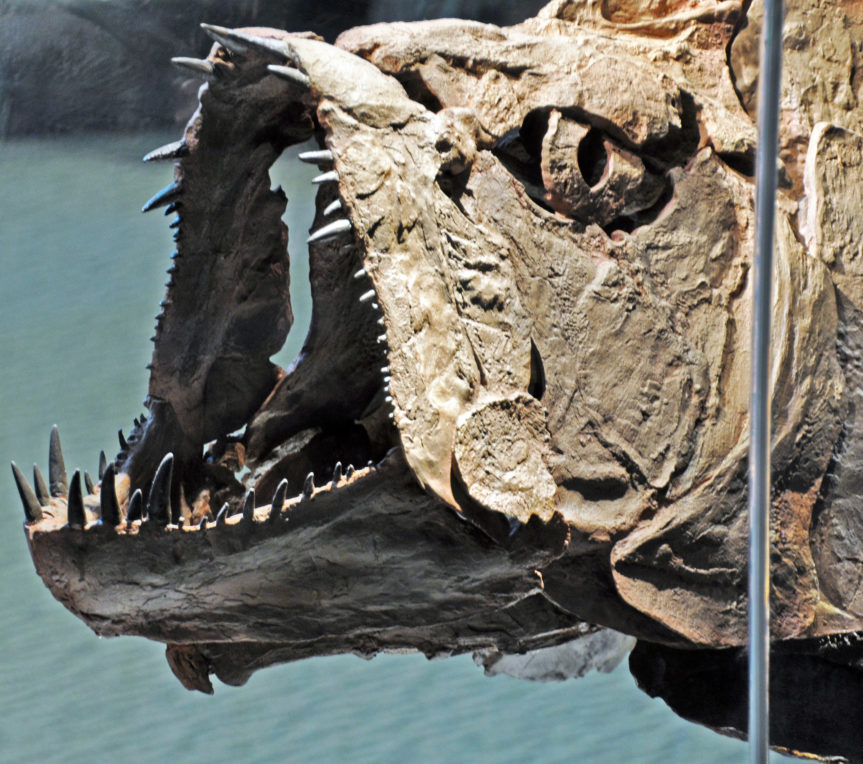
 Follow
Follow
